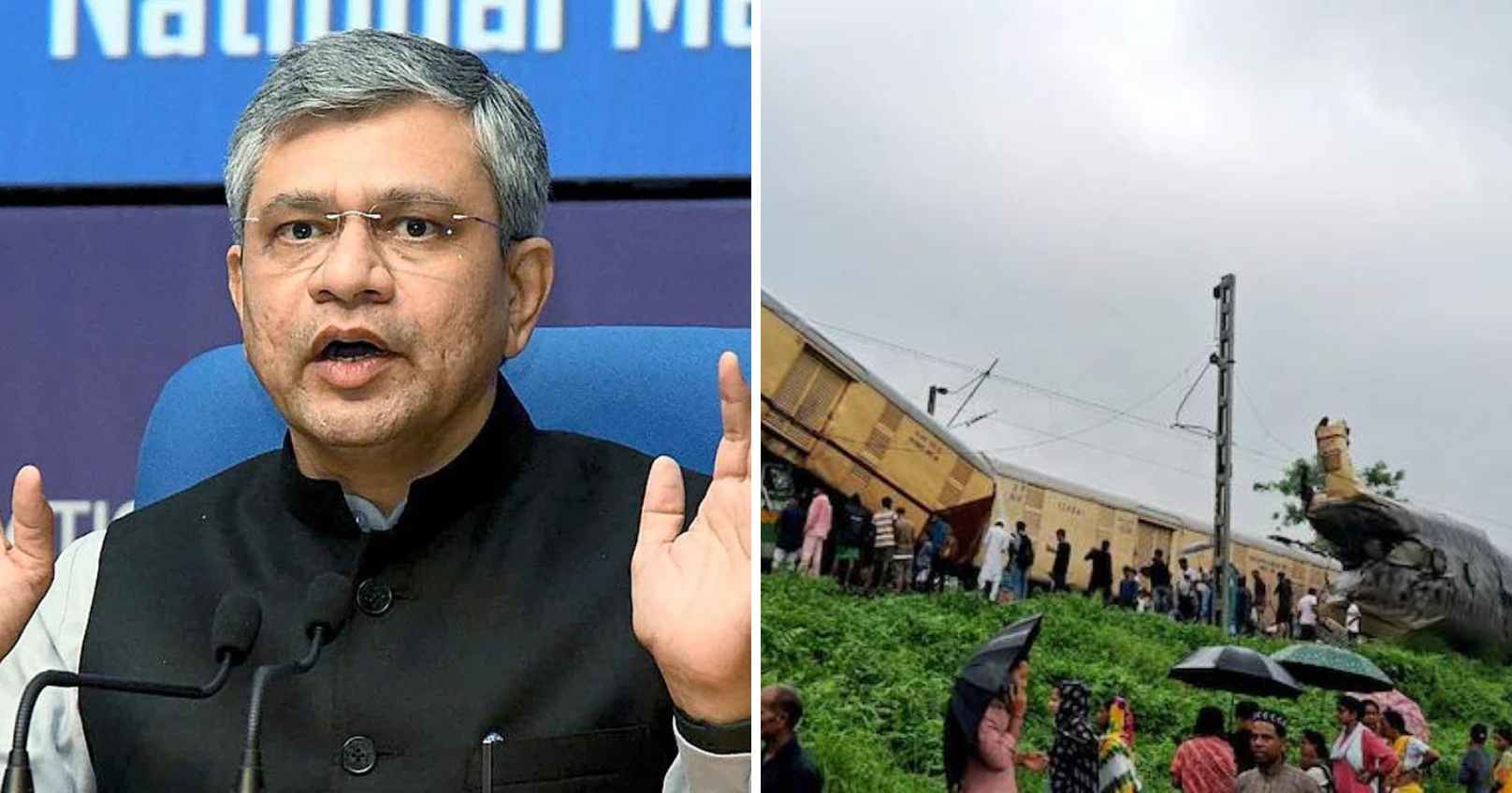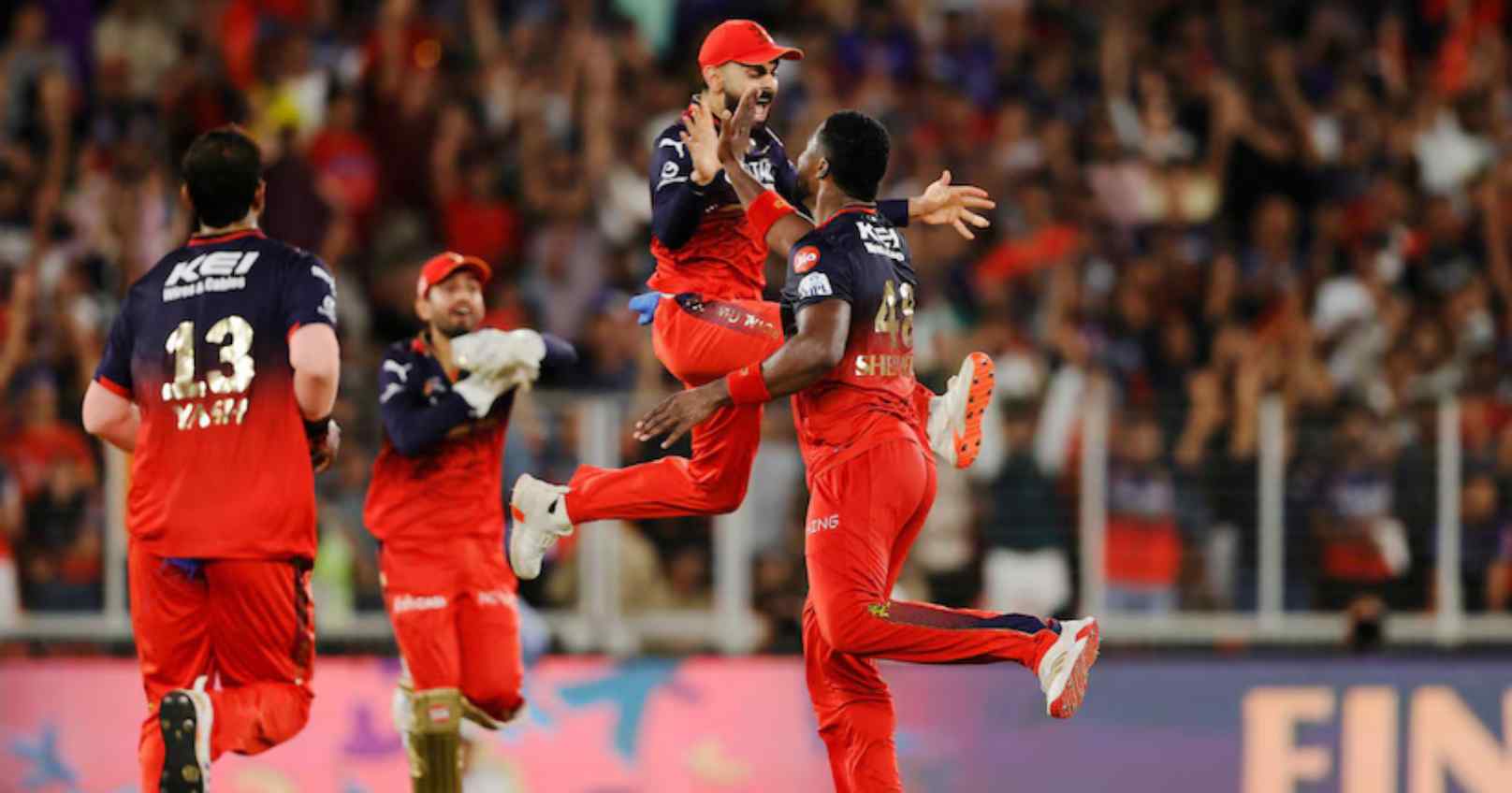Following the morning derailment of the Kolkata-bound Kanchanjunga Express near Rangapani station in West Bengal, which tragically claimed the lives of nine passengers and left 50 others injured, a swift and forceful response from opposition leaders has reverberated across social media platforms. Prominent figures such as former railway ministers Lalu Yadav and Mamata Banerjee, along with leaders from the Congress and Nationalist Congress Party (NCP), seized the opportunity to criticize the government's handling of railway safety and infrastructure.
Former Railway Minister Mamata Banerjee, who had previously held the portfolio during her tenure in both the UPA and NDA governments, expressed outrage over what she perceived as systemic neglect of railway amenities and inadequate attention to the welfare of railway staff. She pointedly criticized the current government's approach to railway management, citing concerns over cleanliness in train compartments, substandard bedding, and general hygiene.
In response to mounting criticism, Railway Minister Ashwini Vaishnaw, who arrived at the accident site later in the day, underscored the need to prioritize rescue and restoration efforts over political wrangling. He dismissed accusations of governmental negligence as misplaced, emphasizing that immediate steps were being taken to assist the victims and restore normalcy to affected railway services.
The tragic incident has reignited debates and raised questions about railway safety protocols and governmental accountability in India. Opposition leaders, including Congress Chief Mallikarjun Kharge and RJD leader Lalu Yadav, have been vocal in their demands for a comprehensive inquiry into the accident and called for stringent measures to prevent similar incidents in the future.
The Congress, through its official channels, highlighted a series of past railway accidents over the last decade, emphasizing the need for urgent reforms and better safety standards within the Indian Railways. Similarly, the NCP, under the leadership of Sharad Pawar, drew comparisons to historical incidents where leaders took responsibility for railway mishaps, contrasting it with the current administration's response.
As investigations into the derailment continue, the tragic loss of life and the subsequent political fallout underscore the critical importance of robust railway safety measures and efficient crisis management in ensuring the safety and well-being of railway passengers across the country.







